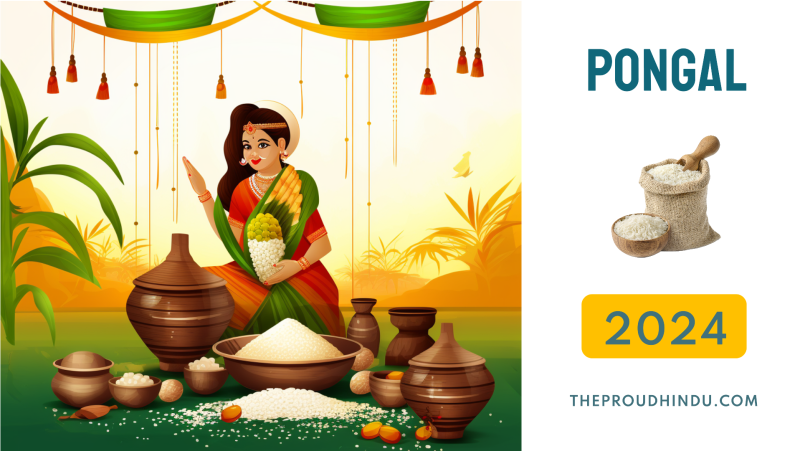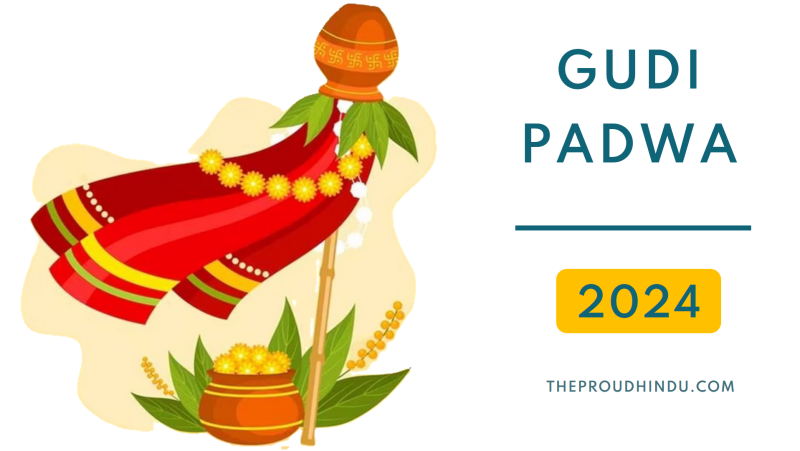
About Tamil New Year
Tamil New Year, also called Puthandu or Varusha Pirappu, is a festival celebrated by Tamilians all over the world to ring in the Tamil calendar's new year. When it is being celebrated with so much culture it is a festival that represents new beginnings, prosperity and springing of spring. The celebrations include lively Kolam designs on homes, sharing of hearty salutations and good wishes among relatives and friends, Piuthandu Kanni, which involves the viewing of auspicious items reminiscent of a prosperous year ahead. The day is seasoned with mouth watering feast of traditional dishes like Maanga Pachadi and Payasam and events that depict and teach about Tamil tradition. Puthandu represents heritage, unity and hope, it is the time of rebirth and rejuvenation cherishing the year ahead filled with exciting new possibilities and experiences for the Tamil communities.
Tamil New Year 2026 Date
Tamil New Year or Puthandu in 2026 is on Tuesday, 14 April 2026.
Traditions And Customs of Tamil New Year
Tamil New Year (Puthandu) customs and rituals are rooted in tradition and cultural heritage. Here are a few of the many traditions associated with this fortuitous time:
1. Kolam and Rangoli: Beautiful and colorful Kolams (also rangoli art) are seen on the doors and front yard of the houses using rice powder to attract prosperity and positivity.
2. Puthandu Kanni: Families start the day seeing various auspicious items, like gold, silver, betel leaves, fruits, flowers, a mirror, and clothes that are arranged upon a plate known as Puthandu Kanni. It represents a successful New Year.
3. Temple visit and Prayer: Devotee visits the temple to receive blessings from the God. At this time, special prayers and ceremonies are conducted that attract wealth, well being and abundance for the new year.
4. Feast: Authentic Tamil food items like Maanga pachadi, Payasam, Vadai and many more yummy dishes will be prepared. Family members get together to delight in these special dishes which represent happiness and prosperity.
5. Family Hangout: Puthandu is all about families. Greeting words, wishing words and happiness words are addressed to one another and make it that close kiss between relatives.
6. Cultural Programs: The community meets at the community events and holds cultural and music and dance and special programs to celebrate Tamil culture and heritage.
7. Sall Mubarak (Happy New Year): Puthandu is believed to be an auspicious day to begin new businesses, pursue education, open a new account, etc., and start anything new.
Overflowing with culture and tradition, these customs and rituals illustrate the richness of the Tamil background and convey the significance of unity, harmony, and hopes for the year to be filled with happiness.
History of Tamil New Year
The Tamil New Year is celebrated based on historical foundations that date back thousands of years. It is derived from the Tamil solar calendar and is based on the sun and moon’s movements.
The Tamil New Year begins on the first day of Chithirai the first month in the Tamil calendar, which falls between April 13th and April 15th of the Gregorian year. Puthandu sees some variations in other Hindu temples like the Ramakrishna Mission in Mayavaram and former Pallava Kingdom in Kanchipuram's Kanchi Matha. It is also the Tamil New Year for the people of the Indian state of Tamil Nadu, and is similar to other Indian new year.
The festival is also associated with Tamil literature, and particularly with Sangam literature. These old writings mention the festival and its customs, rituals and cultural importance in great detail!
Celebrations The Tamil New Year tradition dates back to 200 BCE and coincides with the spring and the harvest festival, Puthandu has been, through the centuries, a celebration that developed around local temples and among the farming communities. The pear/calabasas is a pendant that represents new life, abundance, and life renewing.
As times have changed though, some traditions and rituals have undergone minor changes too, but the soul of Puthandu’s celebration still resonates with the traditional, cultural and local spirit and is celebrated with great enthusiasm and fervour by all people from Tamil Nadu, symbolising the spirit of tradition, oneness and a propitious beginning to new year.
Tamil New Year Date
| Year | Date | Day |
|---|---|---|
| Tamil New Year 2023 Date | 14 April 2023 | Friday |
| Tamil New Year 2024 Date | 14 April 2024 | Sunday |
| Tamil New Year 2025 Date | 14 April 2025 | Monday |
| Tamil New Year 2026 Date | 14 April 2026 | Tuesday |
| Tamil New Year 2027 Date | 14 April 2027 | Wednesday |
You may also like …
Are You The Proud Hindu?
The Trimurti
Create an account to join us and start taking part in conversations.
SIGNIN































